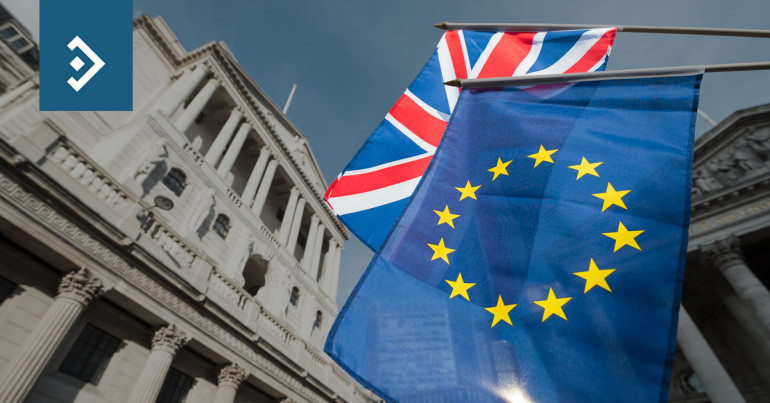
May isolated as Brexit plans crumble
Morning mid-market rates – The majors
November 16th: Highlights
- Resignations to continue as Gove considers his future
- Salvini Eurozone threat yet to hit euro
- Powell notes global slowdown but Fed to remain on course
Pound collapses as MPs resign
In a speech in which she reiterated her belief that the draft agreement “delivers what people voted for”, Mrs. May vowed to see the job through to the end commenting that “I believe with every fibre of my being that the course I have set out is the right one for our country and all our people.” The question is whether her Party will allow her to remain in power.
There was a flurry of letters calling for a vote of no confidence yesterday; forty-eight are needed to force a vote. It is understood that one of the more senior members of the Cabinet, Environment Secretary Michael Gove, is considering his position. Mrs. May apparently offered him the “poisoned chalice” of the Brexit Secretary job and he refused since he wouldn’t have been allowed to renegotiate the deal.
Where we go from here is out of Mrs. May’s hands but it is likely to be another chaotic day at Westminster, with the pound reacting accordingly.
A turbulent day for the pound which bordered on the disorderly began with the resignation of Dominic Raab as Brexit Minister citing his view that the agreement had “fatal flaws”. He was followed by Work and Pensions Secretary Esther McVey and two more junior ministers.
The pound had opened in Europe at 1.3011 damaged by the wider reaction to the draft agreement but supported by the end of the Cabinet meeting the previous evening at which a “consensus” had been reached. That consensus lasted even less time than the Chequers consensus and Raab’s resignation in time for the 9:00 AM news bulletins began a precipitous fall for the pound which reached a low of 1.2723. A bout of profit-taking from short-term traders saw it recover a little, closing at 1.2778.
Lost in the political melting pot was a poor set of results for retail sales. Apparently hit by an unseasonably warm Autumn but more likely a consumer reaction to Brexit, retail sales fell by 0.5% in October contributing to a year on year rise of just 2.2%.
Considering your next transfer? Log in to compare live quotes today.
Salvini aide hints at even more radical actions
So far, Rome’s defiance of the EU Commission’s demand that it amends the 2019 budget has fallen on deaf ears. Rome is insisting its budget deficit of 2.4% of GDP for the coming year and growth projected at 1.5% is essential to “kick start” the Italian economy. Brussels argues that the structural deficit will increase by 0.8% when the previous Government had agreed to a reduction of 0.6%.
Rome claims that privatizations will be increased which will add to the deficit reduction. Brussels remains dubious and demands facts, not claims.
The single currency had a volatile day yesterday, reacting to the Brexit furor. It had a range of 1.1362/1.1270 closing at 1.1332, just ten pips above its opening level.
While the Italian crisis and Brexit roll on, the euro will remain under pressure as the European Commission and ECB appear powerless to find an answer.
Powell to disregard global economy; for now
With the ECB still dovish in its outlook, possibly even more so, as region-wide GDP is about to be released, and the UK is in disarray, the next G7 meeting may see the U.S. even more isolated over the global economy than it has been over climate change and Iran sanctions.
If a global slowdown leads to an emerging market equity crisis, continued dollar strength will simply exacerbate the problems. Throughout the summer as the dollar rallied, it was the single currency that appeared to be reactive but as the issues facing both the UK and Eurozone have come to the fore, it is the dollar that has taken on that role.
As the new Congress begins and President Trump starts to feel the pressure of a Democrat led House of Representatives, that will change again with all three currencies vying for the title of most volatile.
Have a great day!

About Alan Hill
Alan has been involved in the FX market for more than 25 years and brings a wealth of experience to his content. His knowledge has been gained while trading through some of the most volatile periods of recent history. His commentary relies on an understanding of past events and how they will affect future market performance.”



